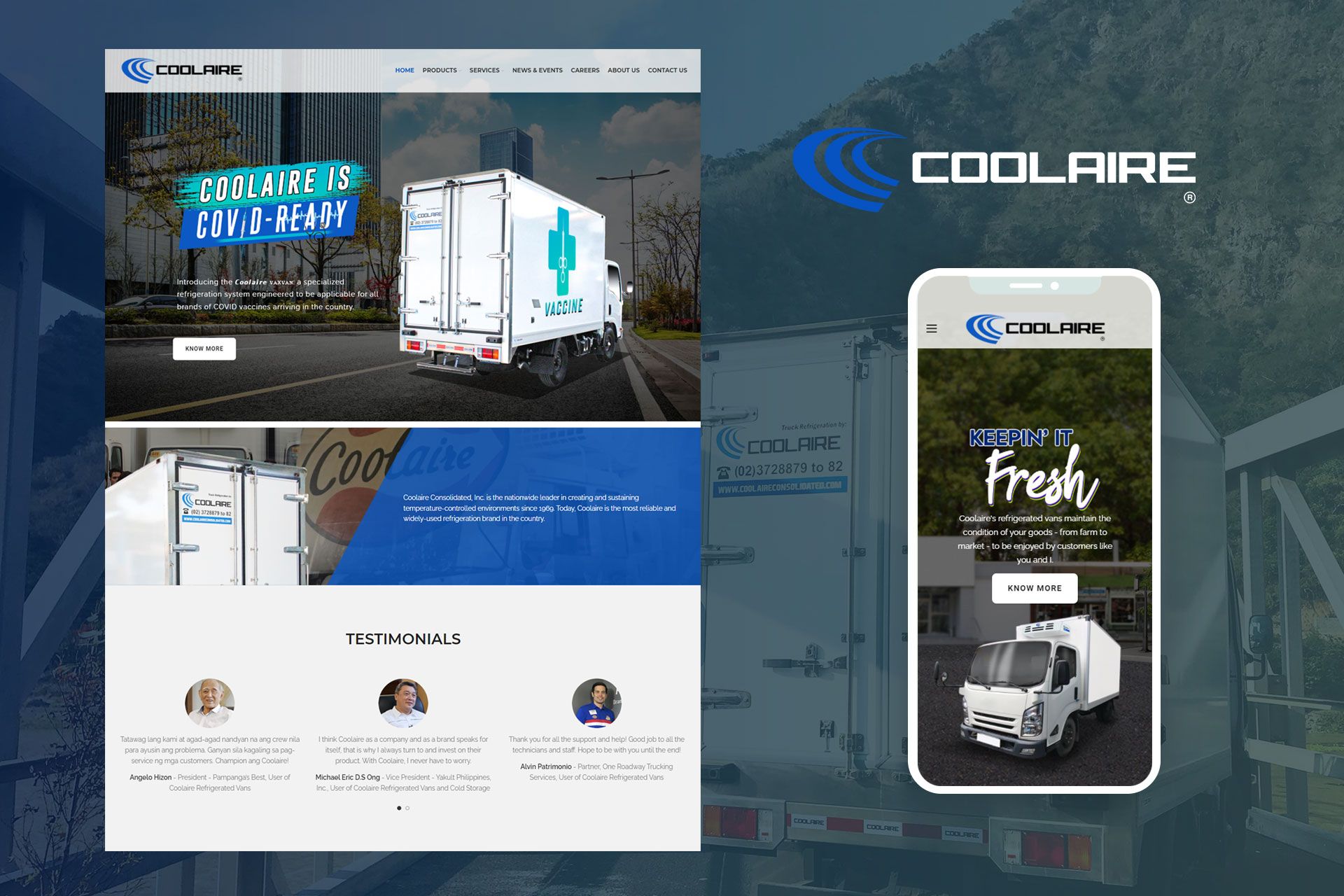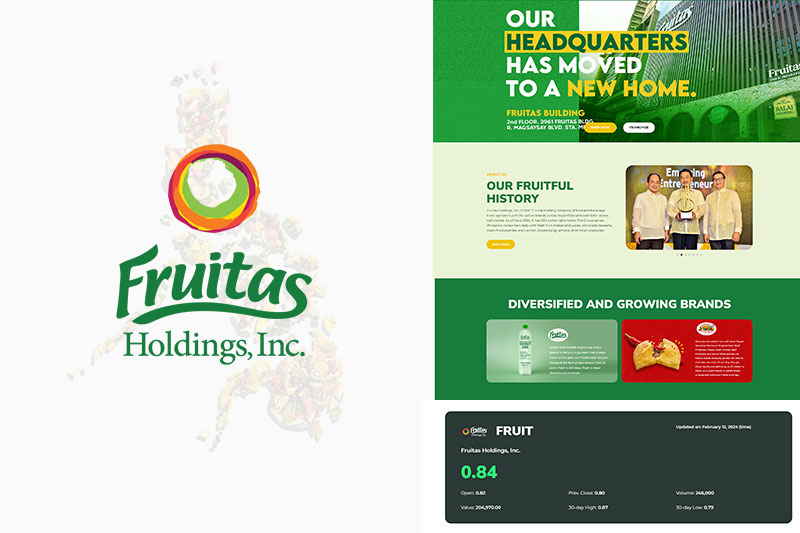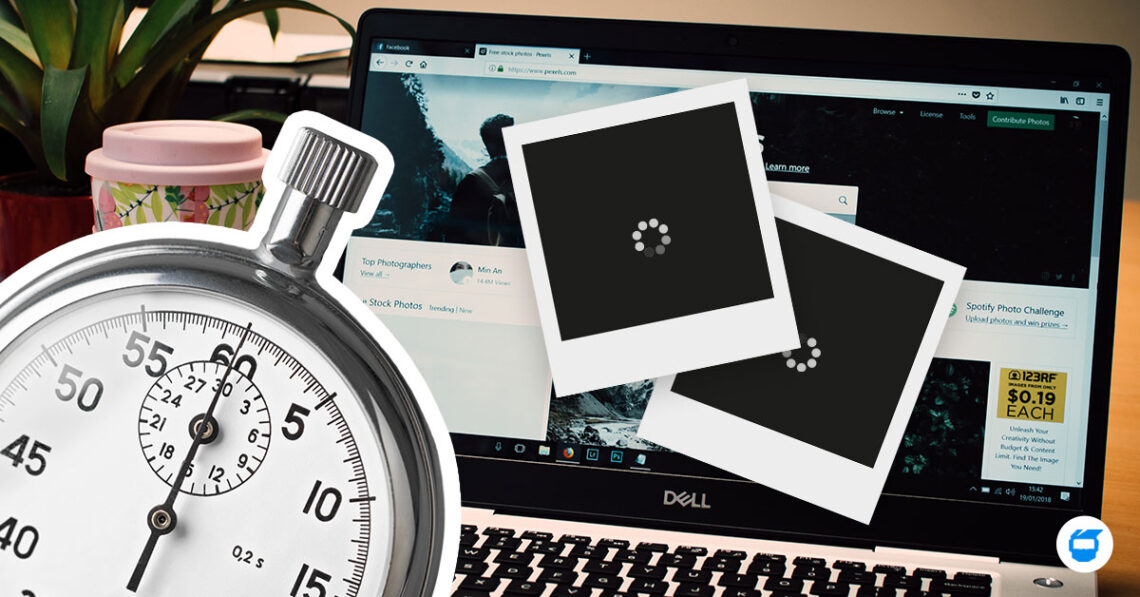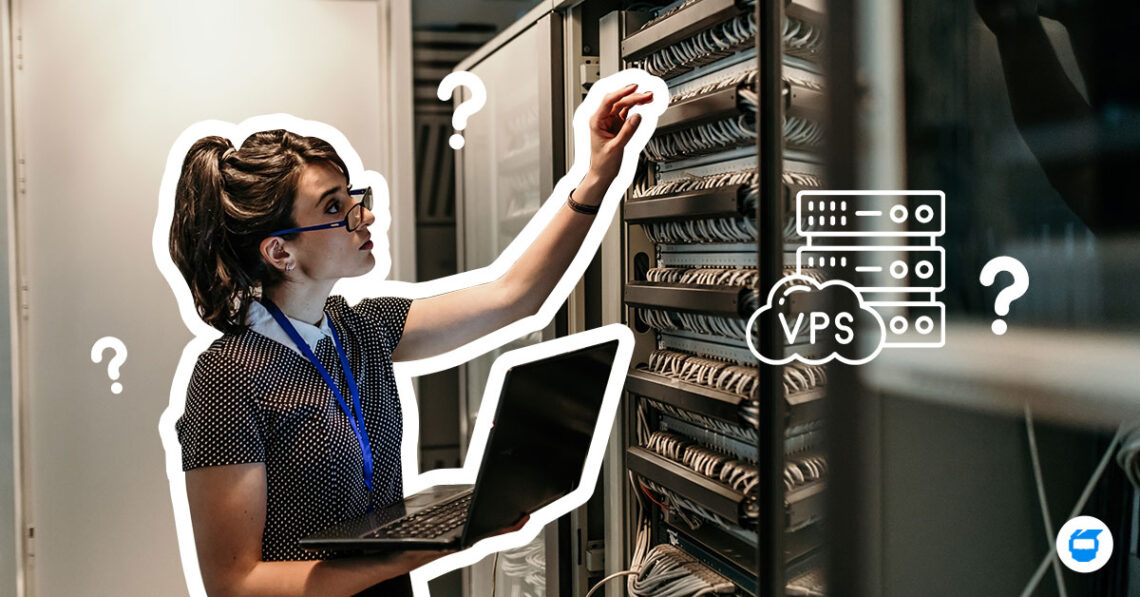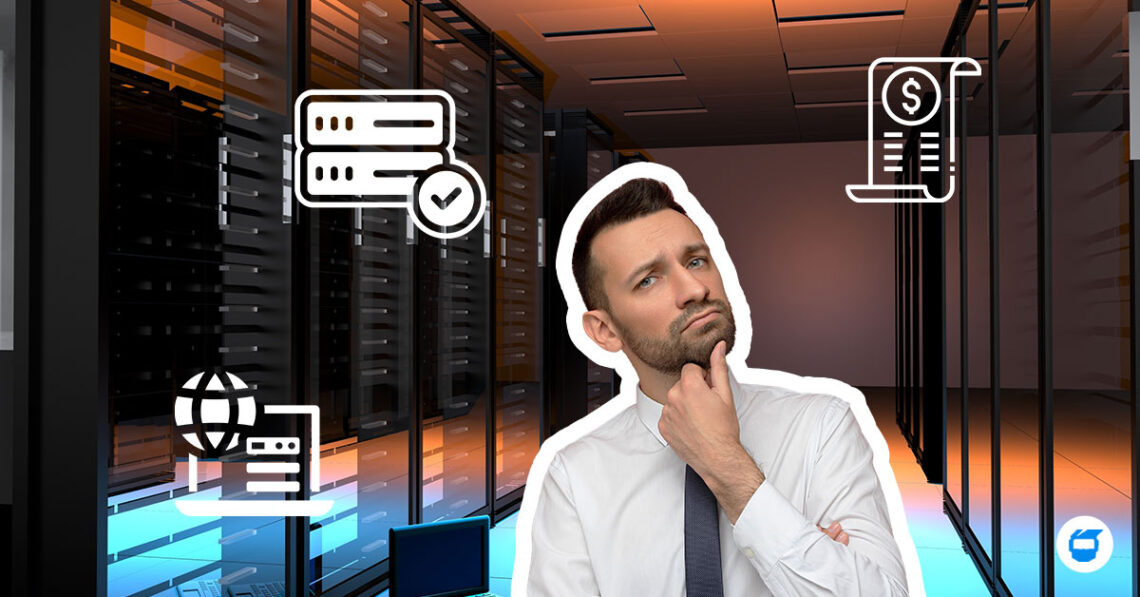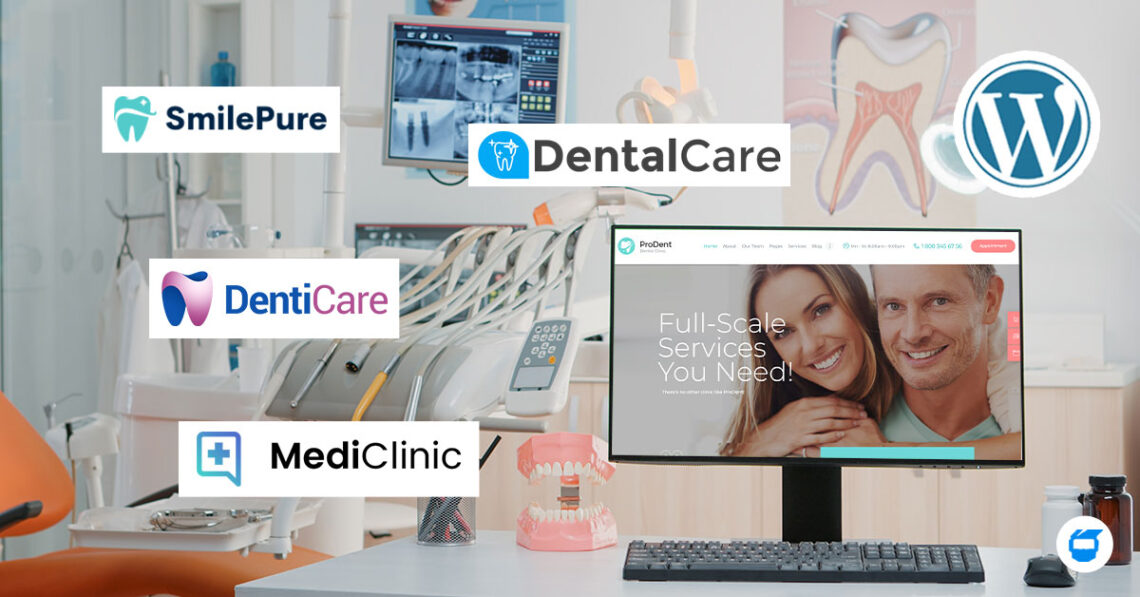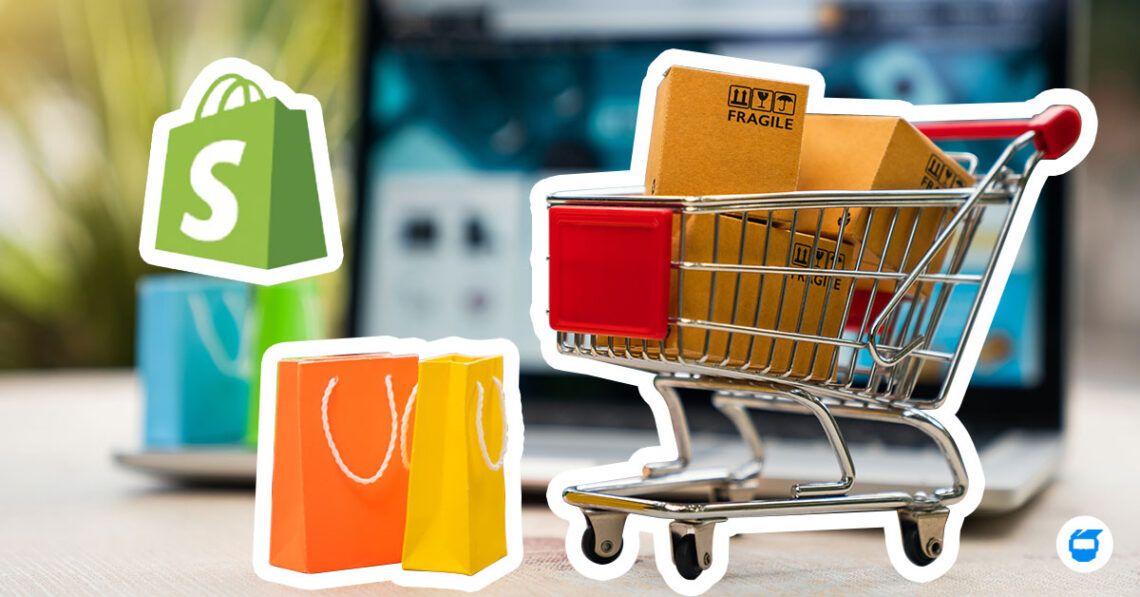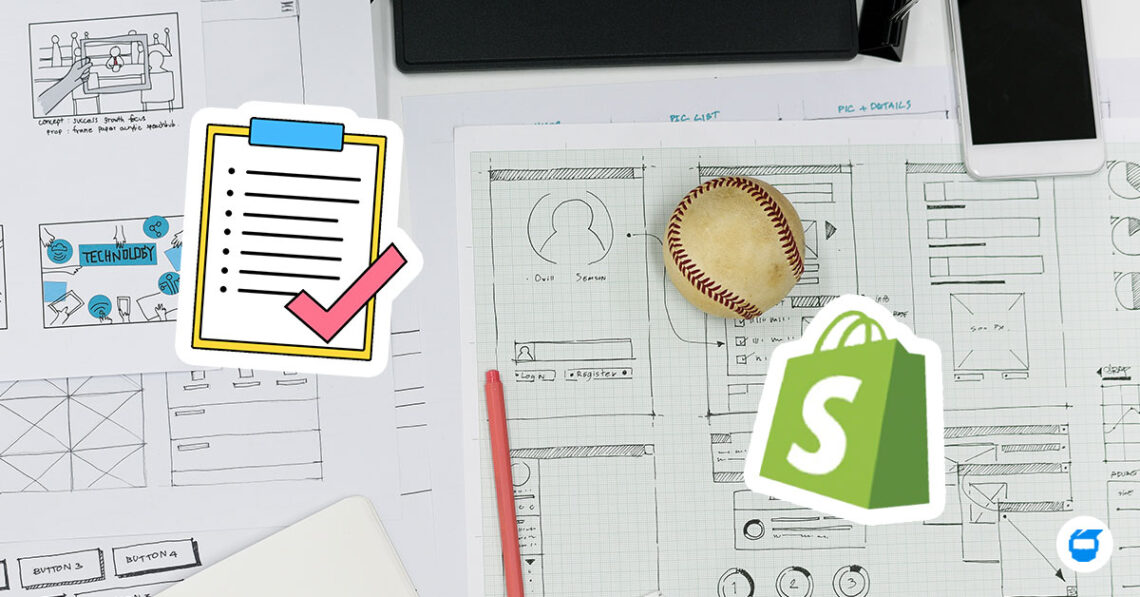Everyone wants a fully functional, well-designed website with no lags and bugs — just a seamless user experience. But like cars and furniture items, maintenance is absolutely necessary for it to continue to run smoothly without malware and serve its purpose. Sure, having a quality web hosting service to house all the data and files for your website may seem enough to keep it from slowing down. Nevertheless, it still won’t be able to stop malware from infecting your website. This website malware is damaging software that can steal, or worse, delete your data. It can even corrupt your website’s functions, let alone, direct your users to malicious web pages and content. A lot can happen when malware infects your website, so you must take preventative measures to ensure that your website stays in good condition even in the long run.
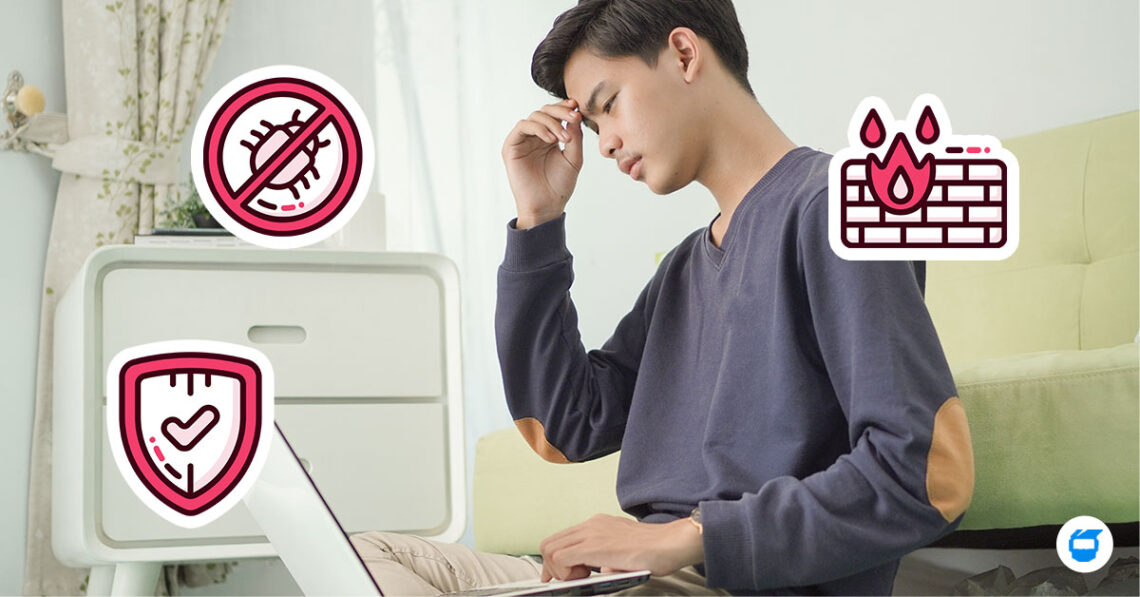
In this article, we will be sharing some helpful tips on how you can avoid website malware infection. So let’s begin!
1. Check for Website Vulnerabilities on a Regular Basis
Website malware is often a result of not being able to check for website vulnerabilities. This means that early detection is essential in preventing malware from infecting your website. There are various vulnerabilities that your website may be exposed to or cybercriminals may be using to gain complete access to your website. About 30,000 websites get hacked every day across the globe, and yours may be next if you neglect to check for vulnerabilities that can be the cause of malicious content distribution, spam content, stolen data, and more early on. You need tools that will help serve as a defense, keep your website safe from any fraudulent activities, and scan vulnerabilities.
2. Carry Out Security Updates
Security updates are a great way of fixing vulnerabilities in your website because it keeps your data from being exposed to cybercriminals or unauthorized users. It enhances the level of security of your website by sealing possible flaws that cybercriminals can use to access your data. If security updates are not properly carried out, hackers can gain more access to the system of your computer and the malware can completely spread, which will be much harder to handle since its origin will also be difficult to track.
You can improve the security of your website by:
- Updating the plugins
- Adding a secured URL (HTTPS and SSL certificate)
- Choosing a strong password
- Choosing a secured web hosting service
- Customizing CMS Settings
- Backing up your website
- Learning about your web server configuration
- Applying for WAF (Web Application Firewall)
- Implementing tighter network security
3. Set Up a Firewall
You can never be too complacent when it comes to your website security, so setting up a firewall can serve as an added layer of protection that will keep your website from being compromised by malware. Firewalls are helpful since they can block various types of malware infection and prevent malicious or fraudulent activities from pushing through to your website’s system. On top of that, a firewall can be used to recognize any unauthorized user who’s trying to access your data. However, it’s also worth noting that firewalls are not perfect, yet it can still make a huge difference if you incorporate them into your website security to block malware.
4. Keep Your Employees Informed About Cyber Security Threats
At times, despite being careful and avoiding potential cyber security threats, your employees can put your site and data at risk. Yes, you read that right! As a matter of fact, 52% of businesses say that it is their employees who put their data or IT security at risk. Employees, though they may not really mean it, are often the ones who expose your business to various cyber security threats because they’re prone to clicking phishing scams, browsing unfiltered sites, creating unsecured passwords, and more.
To be fair, this is not to blame your employees for such things because it can also be a simple and harmless human error. But this should still serve as a good reminder to keep them informed about potential cyber security threats and risks such as website malware. Doing this helps lessen the risk of falling into the trap of hackers who want to gain access to your data and put your web security on the line.
5. Avoid Visiting High-Risk Websites
Websites that are deemed as high-risk are the ones that are unsafe since they’ve gone from being compromised to being restored — as they were previously exposed to malware, phishing, etc. Much like danger zones in your city or neighborhood, high-risk websites shouldn’t be visited because they’re prone to causing more harm and damage than you think it could.
Hackers make it a tactic to lure people into different sites that are seemingly attractive, and well, are ‘too good to be true’. If that’s the case, be more vigilant with the links you click and the websites you visit. Websites with explicit or adult content and video downloadables are some examples of sites that hackers can potentially use to infect your website and computer system with malware.
6. Make Backups
Backup plans are essentially lifesavers when something seems irreparable. That’s why when a website heads south because of malware infection, it’s best to make backups of your data files and application folder as it can be helpful for retrieving data in the event that it’s impossible to regain. When you have backups of the necessary data and applications, it will be easier to put back all the lost or stolen information on the website once it’s been freed from malware.
Your website backup should include the following information:
- Code files
- Website databases
- Images
- Any add-ons, plugins, or themes used by your website
7. Install Anti-Malware Software
An anti-malware software is designed to protect IT systems and computers from malware. It is a program that scans the computer system to deter, spot, and remove different types of website malware such as phishing, malicious javascript, SEO spam, hack tools, etc.
It’s advisable to install anti-malware software and scan your computer for any potential security risks and threats. Make sure as well that the software you’re using is the latest version, so it will be able to address even the latest kinds of malware and stop it from further spreading into the computer system.
8. Seek the Help of Professionals
A website malware, especially when it’s become worse, can be difficult to fix right away. This means that you can’t do it by yourself and you will need the help of professionals in web development because they know how to handle this properly. They also have access to the right tools and technology that will help determine the malware and other vulnerabilities that have invaded your website.
If you have outsourced services from a digital agency, see to it that you contact them at once when you encounter a website malware, so their web development team can address the issue. Another thing to keep in mind when you have your website developed is that you shouldn’t skip on the website maintenance and security services. It’s a definite must to keep your website secured and well-maintained regularly. Think of it this way: the price of an unmaintained website is more costly compared to opting to prioritize the maintenance and security of your website at the very beginning of its development.
There’s no guarantee that your website won’t be susceptible or exposed to malware because you can’t avoid it 100% because there is no perfect system. But this doesn’t mean that you don’t have a chance or you can’t prevent them from happening. Keep in mind that one of the best solutions to this is early detection — as they say, “prevention is better than cure.” Have your website filled with security updates, firewalls, seek the help of professionals, and more to protect it from malware infection.
Many businesses or site owners settle for a fast-loading website and neglect the importance of website maintenance and security — which is the key to preventing malware from hovering over your website. Every website is an investment, so don’t let it go to waste by neglecting one of the most important factors in running a successful website.
In need of someone to help you with your website maintenance and security? Contact us today and we will be glad to assist you!


 Shopify Website Design
Shopify Website Design  Small Business Marketing
Small Business Marketing 


